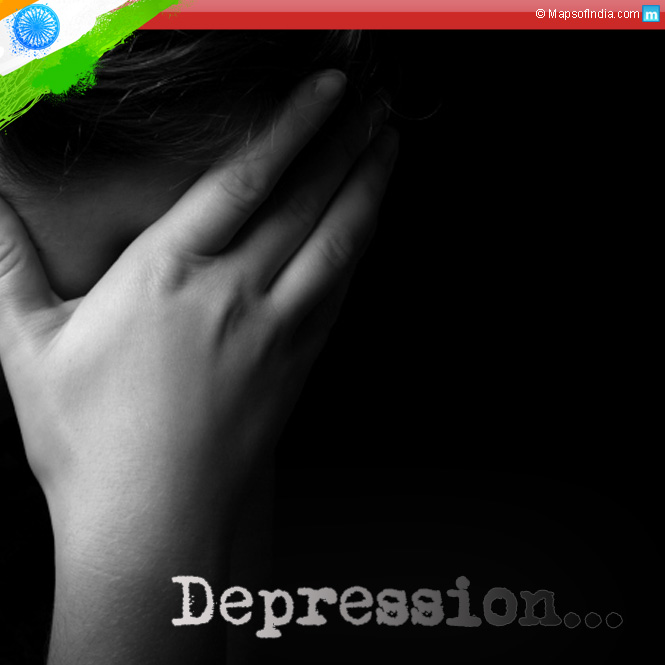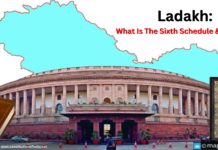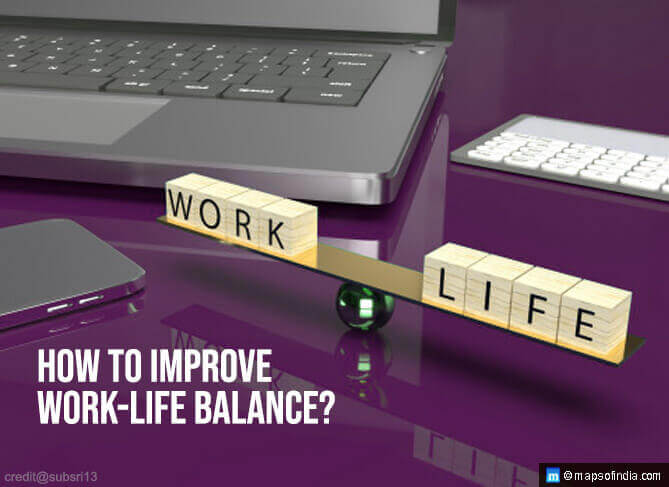The world just lost a lovable character, both on screen and off, in the untimely death of Hollywood actor Robin Williams. He committed suicide by slashing his wrists and then hanging himself with a belt. The 63-year old actor was known for his comedy roles in various television shows and cinema. For someone who came across as a perpetually happy person whose infectious joy touched everyone, it is a sad end. He was suffering from depression and Parkinson’s disease, besides having a history of substance abuse. Despite being married and with three grown-up children, he was given to bouts of depression and was obviously lonely at heart.
Depression in various forms is a serious and growing problem, the world over. With urbanization, life has become very stressful for most people who are struggling to bridge the gap between expectation and achievement, in their personal and professional lives. This coupled with an unhealthy lifestyle and lack of social interaction between family and friends, is leading to a high stress life resulting in serious emotional and physical consequences.
It’s there in every country, every class
According to the World Health Organization (WHO), there are over 350 million people who suffer from depression. There is a mistaken notion that the problem of depression is more common in the upper strata of society or it’s a problem in developed countries only. In fact, depression is spread across the globe and in all countries irrespective of their economic development, race or social status.
The West has recognized the need for timely professional intervention and people have widely accepted this as a common problem. Unfortunately, India is yet to wake up to this growing problem that is now spreading to towns and villages. The problem of depression has been around for a long time but has not been understood, much less, accepted by society. Going to a psychiatrist or a psychologist is still a taboo for most and a reason for social embarrassment.
Recently in a television interview, Mumbai-based actor and model Naseer Abdullah candidly admitted to seeking help when he was suffering from a bout of depression. It takes courage to publicly admit to this and he must be appreciated for speaking about it on TV so that others too can come out and share their experiences without worrying about social consequences. In the same forum, actor Anupam Kher too spoke about the period when he reached for help and got it on time.
Indian celebrities who have suffered from depression:
Shah Rukh Khan (post his shoulder injury), Sanjay Dutt (while in prison), Jia Khan and Praveen Babi. In fact, there are several actors and actresses who have undergone treatment for depression, at some point in their lives.
International celebrities include:
Abraham Lincoln, Angelina Jolie, Catherine-Zeta-Jones, John Denver, Woody Allen, Jon Bon Jovi, Agatha Christie, Winston Churchill, Johnny Depp, JK Rowling, Hamid Karzai, Britney Spears, Oprah Winfrey, Boris Yeltsin, amongst several others.
What is to be noted is not the names of celebrities mentioned above but the fact that they battled the problem and carried on to achieve their goals.
Signs of depression
Depression is a mood disorder that causes a persistent feeling of sadness and loss of interest. It can be triggered by a combination of biological, genetic, psychological and environmental factors.
Signs of depression is when a person starts feeling low, sad, anxious, goes in for excessive sleeping or suffers from insomnia and avoids physical activity. A person may feel a sense of being unwanted, worthless, hurt, guilt, irritable, empty or restless.
These are followed by thoughts of suicide, withdrawal from any social interaction within the family or outside it, lack of interest in work, have problems in concentrating or focusing, loss of appetite or indulge in excessive eating, aches or pains. A person may feel any combination of these over a period of time.
Depression can also be a result of a medical condition like diabetes, stroke, Parkinson’s disease, Addison’s disease, sleep apnea, Lyme disease, chronic pain or hypothyroidism. It can also co-exist with other medical conditions like Post Stress Traumatic Disorder (PSTD) common in combat soldiers, panic disorder, social phobia and obsessive compulsive disorder.
Women more prone than men
Women are more prone to depression than men. Extensive research has revealed that hormones directly impact the chemistry of the brain which in turn controls various emotions and moods. Therefore, women are more likely to suffer from post-partum depression after child birth, when a woman can feel excessively stressed as a result of changes in physical and hormonal balance.
Some women also suffer from an acute form of premenstrual syndrome called Premenstrual Dysphoric Disorder (PMDD). These usually occur during ovulation and prior to menstruation. Some women show signs of depression in the early stages of menopause, while some suffer through the entire period of it. In addition, social responsibilities and pressure from within the family can also trigger bouts of depression.
Depression in old age
Given the urban lifestyle and professional ambitions of people, their parents in old age are often left to live life by themselves. This gives an increased sense of being ignored, isolated and lonely, which in turn can cause depression to set in.
Timely intervention is essential
Most people are ignorant about the reasons for depression, its symptoms, spotting the early signs and unsure of when to seek help or who to turn to. It is essential to speak about it, initially within the family or close friends and subsequently to a doctor.
One must watch out for early signs of symptoms mentioned above and the earlier one seeks medical intervention, the better are the chances of coming out of this state.
The trigger for depression may be genetic or an event in one’s life like a financial loss, a relationship gone sour or job loss that sets off any one or series of symptoms.
In many cases, just professional counselling helps, while in others it may require prolonged medical treatment accompanied by medication.
Fortunately, in India too, the corporate sector is beginning to understand and accept this problem as a natural consequence of today’s competitive professional life and are very supportive of employees who show signs of depression. In fact, several companies have in-house professional counselors to spot early signs of stress.
Remember, if you show any signs of the symptoms mentioned above, DO NOT hesitate to see a doctor. There is absolutely no reason for embarrassment nor any social stigma attached to it. An early intervention can help you avoid further complications later.
Read More:
A Reality Check on State of Mental Health in India
India’s First National Mental Health Policy in Place Now
Dignity in Mental Health
Suicides and the State of Mental Health Care in India
Psychiatric Treatment in India- A Taboo
Laws in Place to Prevent Harassment of Women, But of What Use!
Is Exam the sole factor causing stress among students in India?
Suicides and the State of Mental Health Care in India
Psychiatric Treatment in India- A Taboo
Is Exam the sole factor causing stress among students in India?
Book Review: An Insider’s View of Emotional Traumas
How to beat stress?
Parental Pressure and Stress on Children
Stress Busters Activities






